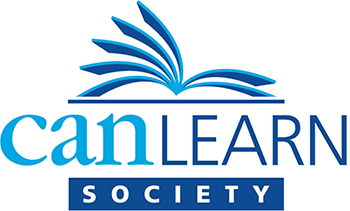Is your child falling behind in reading, writing or math? Maybe your child’s teacher has mentioned that they are not meeting grade-level expectations in their class. Academic difficulties can happen for many reasons and can lead to a child feeling anxious, frustrated, or different from their classmates.
The good news is that some strategies and supports can be put in place no matter your child’s age. In fact, many adults discover learning challenges in university and the workplace. For strategies and intervention services to be most useful, it’s important to understand an individual’s strengths and where they may need more support.
What is a psychoeducational assessment?
One way of figuring out your or your child’s strengths and areas of need is through a psycho-educational assessment (or psych ed). A psych ed assessment is a standardized assessment of a person’s intellectual abilities and academic skills.
Standardized means that a person’s results are compared to others their age to determine if they are below, at, or above the expected or average range. A typical psych ed assessment involves measuring how a person reasons for different information, how quickly they process information, and their reading, writing, and math skills.
A psych ed also assesses a person’s oral language, executive functioning, social-emotional functioning, and memory abilities. Depending on the area(s) of concern, the psychologist will create a plan for the assessment. An assessment may involve testing just a few areas listed above (academics and intellect) or may involve a more comprehensive assessment (memory, executive functioning, social-emotion, intellect, and academics).
Interested in getting started?
